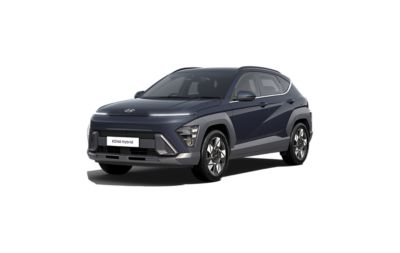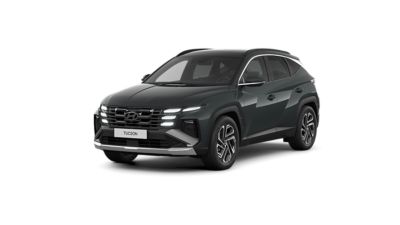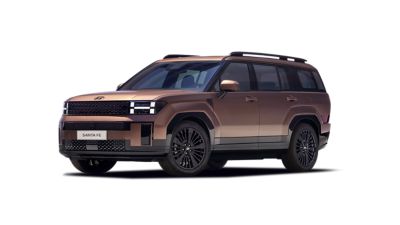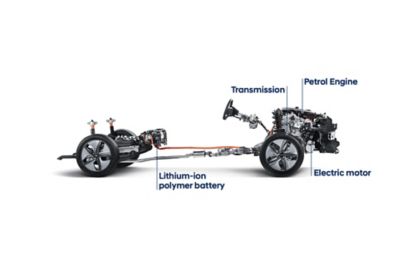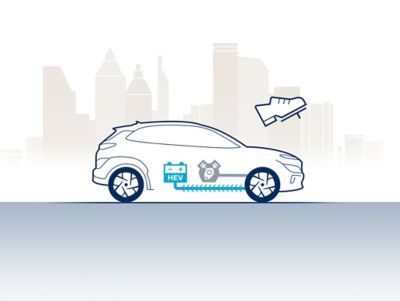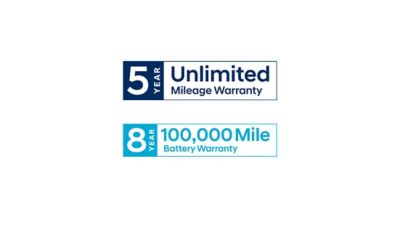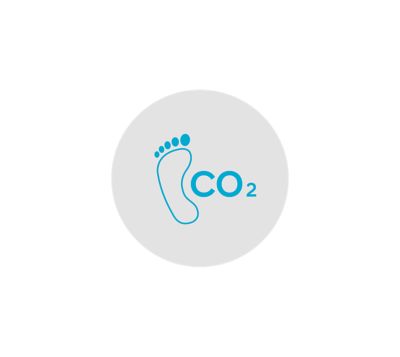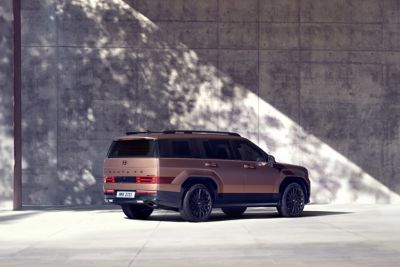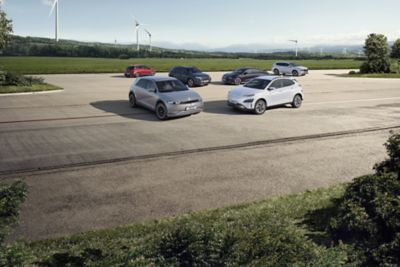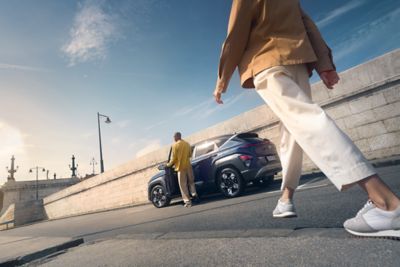
Hybrid cars
Explore our hybrid car models.
Hyundai highlights from our drivers.
The basics of a hybrid car.
Benefits of a hybrid car.
Discover more powertrains.
Frequently asked questions about hybrid cars.
A hybrid car combines a traditional internal combustion engine (ICE) with an electric motor to improve fuel efficiency and reduce emissions. It uses the electric motor at low speeds and the ICE for higher speeds or when more power is needed, optimising overall performance and efficiency.
Hybrid cars can be worth it if fuel efficiency and lower emissions are important to you, as they offer improved mileage and a design that typically requires less maintenance. While they may have a higher upfront cost, the savings on fuel and potential tax incentives can make them a beneficial purchase.
Hybrid cars do need charging, but they will self charge by using the regenerative braking system. There is no need to plug them into an external charging source like you would with a plug-in hybrid car. If there is no power to use from the regenerative braking system the car will power itself through the internal combustion engine.
